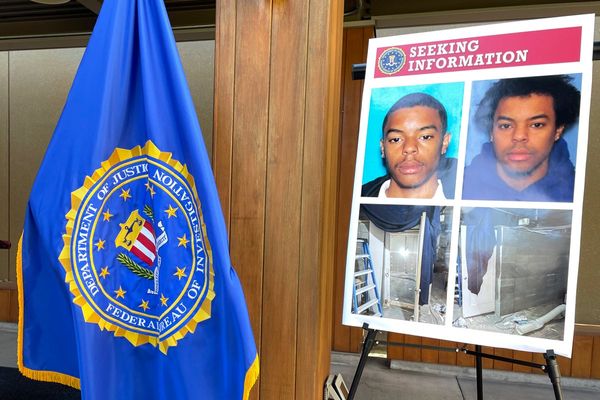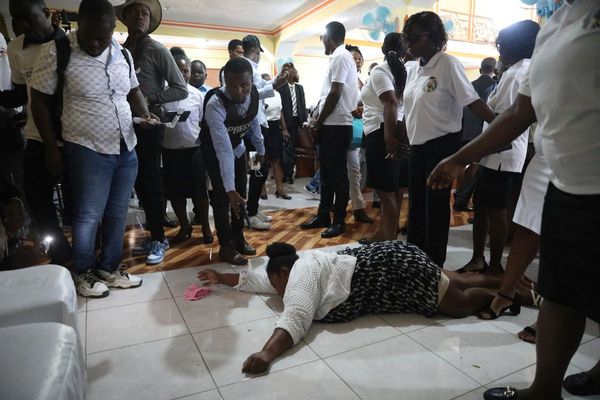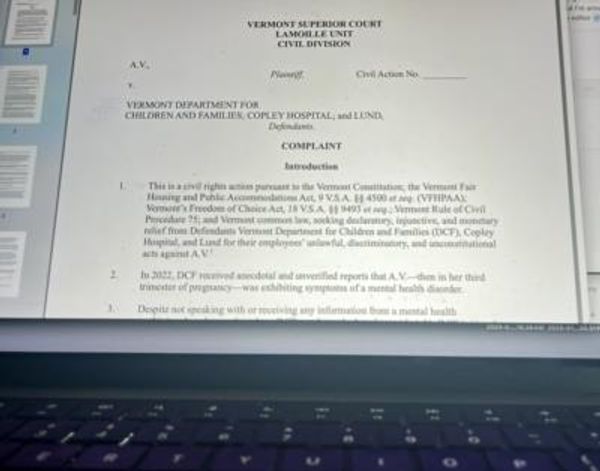The illegal entry of 16 persons from Sri Lanka’s Northern Province into Rameswaram on Tuesday has triggered a debate on whether they can be accorded the refugee status.
The immigrants - three men, six women and seven children - cited economic crisis in their country as the reason for their action. But persons who are in the know of international law say this cannot be a ground for providing refugee status. Ordinarily, a person who has a well-founded fear of being persecuted on the grounds of race, religion, nationality, membership of a particular social group or political opinion is regarded as a refugee under the 1951 UN Convention Relating to the Status of Refugees, which, along with the 1967 Protocol, forms the foundation of international law on refugees. Despite not ratifying the Convention and the Protocol, India had provided shelter to around three lakh Tamils who fled Sri Lanka in the wake of the 1983 Black July, when anti-Tamil riots broke out in that country.
Since 2012, India has not granted the status of refugee to anyone arriving from Sri Lanka, after the civil war ended in May 2009. Currently, there are around 90,000 camp and non-camp refugees in the State.
Sources say the “illegal migrants” are now in police custody. The government is investigating whether some of them were earlier regarded as refugees, and whether they had taken “exit visas” at the time of leaving rehabilitation camps. Inquiries revealed that four of the 16 persons left the Gudiyatham rehabilitation camp in 2016, after taking the exit visas, and they returned to Sri Lanka with the assistance of the office of the UN High Commissioner for Refugees (UNHCR). A few others were said to have stayed at a camp in Erode district.
Sources point out that just because they availed themselves of exit visas before leaving the country, they cannot claim the refugee status again.
An official in the State government says there has been no word from the Central government on how to deal with the 16 illegal migrants, in the light of the current economic crisis in Sri Lanka.
While citing the international legal position on refugees, M. Parivelan, Associate Professor at School of Law, Rights and Constitutional Governance, and Chairperson of the Centre for Statelessness and Refugee Studies, Tata Institute of Social Sciences (TISS), Mumbai, however, calls for a “humane approach”. India can make “special provisions to give temporary asylum” and financial support to them. The fact that Tamils have faced the “double impact” of the economic issues and the civil war/post-war situation needs to be considered, he points out.







